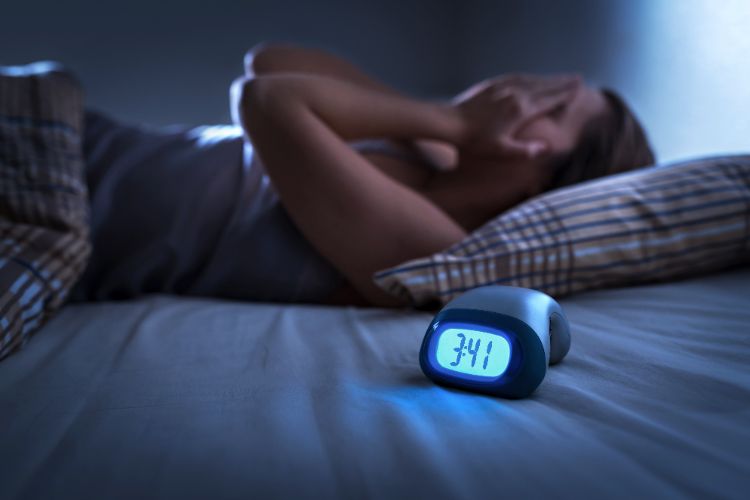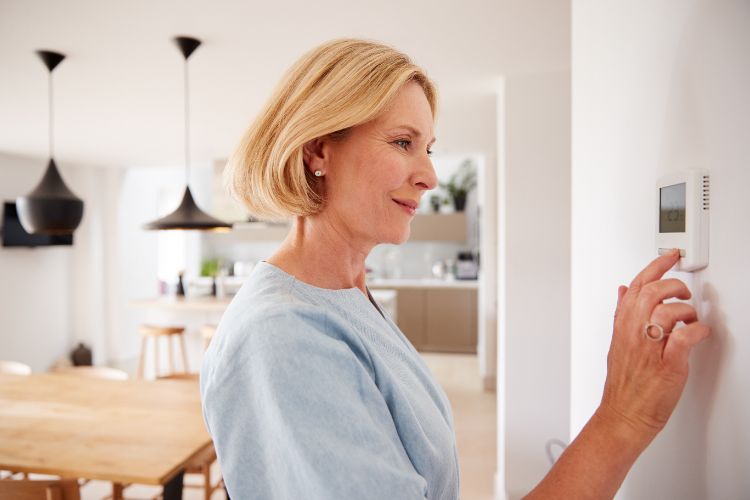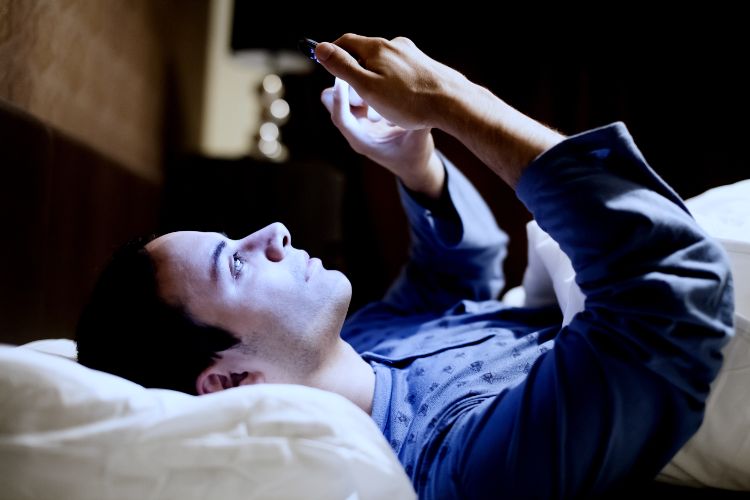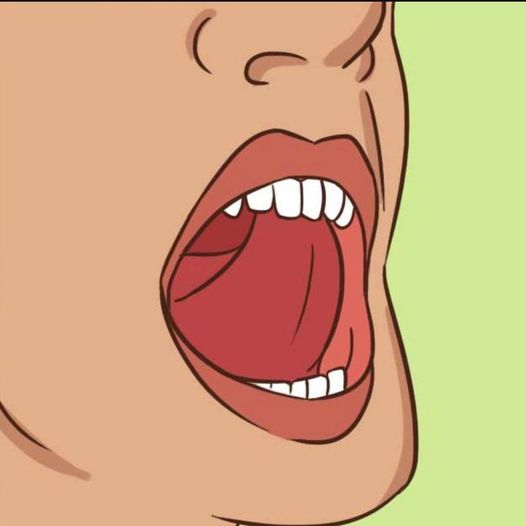If you don’t get enough sleep at night, other aspects of your life are likely to suffer as well. Sleep deprivation has been related to weight growth, decreased cognitive activity, and a weakened immune system, according to Healthline.
According to the website, sleeping less than five hours per night increases health risks by 15%. Many people have trouble falling asleep at night.
Whether you’re anxious about job, money, or family, or your body just won’t shut down, this breathing method may help you relax.
The simple breathing routine is called the “4-7-8” technique.

To start, touch the tip of your tongue to the roof of your mouth (and try to keep it there the entire time). Then, breathe out, completely emptying your lungs.
Close your mouth and breathe in through your nose for a count of 4. Hold your breath for a count of 7 and then blow all of the air out through your mouth forcefully for a count of 8 (you should make a whooshing sound when breathing out). Repeat for four cycles.
Dr. Andrew Weil suggests doing this at least twice a day, for four breath cycles each. After the first month, you can increase to eight breath cycles every session.
“After two or three months of regular practice, the physiology undergoes major modifications. This reduces heart rate, blood pressure, and helps digestion,” Weil explains.
Other Tip and Tricks

Here are a few more tips from Health and Huffington Post to help you get better sleep:
Maintain a sleep log.
Keep track of how much caffeine you consume during the day (and when), how much exercise you get, what you eat, and when you go to bed and wake up. You might be able to identify correlations (such as too much caffeine before bed) and modify accordingly.
Keep it cool

Lower the temperature. Many people sleep faster when their rooms are chilly. Set your thermometer to 65 degrees Fahrenheit (approximately 18 degrees Celsius) or get a cool mattress.
Get moving
If you can’t fall asleep, get up and move for a few minutes. Sometimes the anxiety of not being able to fall asleep makes it harder to fall asleep.
Put away your screens

Skip the TV and phone, though; the bright screens could keep you awake.
